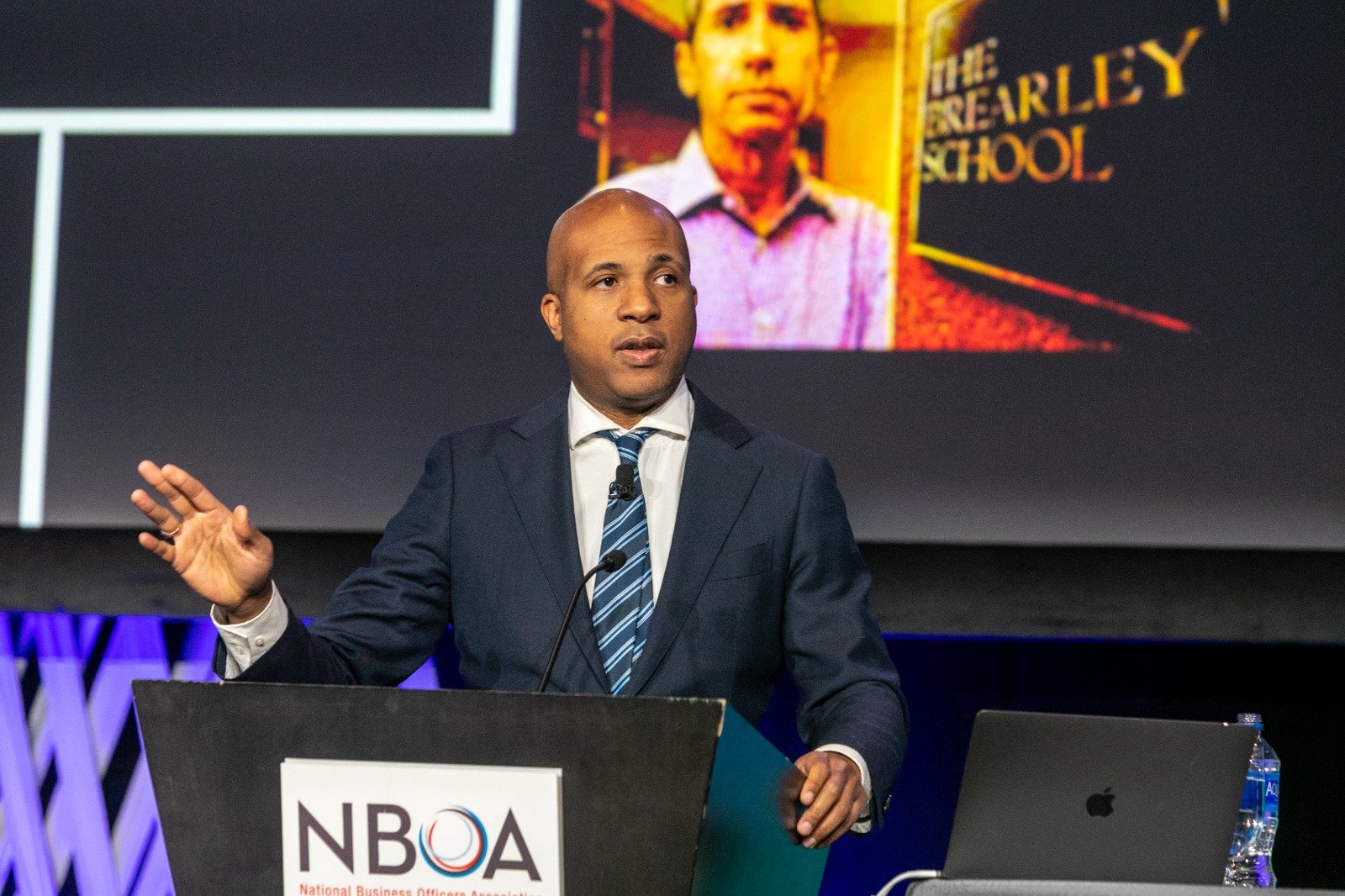
BLOG
#RunningWhileBlack
The Erasure of Black Runners’ Experiences in Mainstream Coverage of the Ahmaud Arbery Murder
The hunting and killing of Ahmaud Arbery provided yet another graphic account that exacerbates the individual and collective trauma that Black Americans manage every day. Arbery’s tragic fate serves as a painful reminder that Black people are not able to enjoy common activities without raising suspicion of criminal activity. While running should ideally represent an inclusive space where participation and enjoyment is not a function of race, this is not the case. I have also removed birdwatching from my list of potential hobbies. Indeed, being Black in the United States does not represent an arbitrary identity marker; instead, being Black necessitates an intentional survival strategy.
Sadly, the notion that a Black person in the United States was killed at the hands of a self-proclaimed white vigilante is not remarkable. The Arbery case, however, disoriented me in a very particular manner: I have been deeply troubled by the absence, or perhaps dismissal, of the perspective of Black runners in the mainstream media’s reporting an analysis of Ahmaud’s case. With few exceptions, notably a single NYTimes article, the ongoing trauma that Black runners manage has not, to date, been explored in a meaningful way from the perspective of those most impacted—Black runners.
I appreciated Dr. Natalia Petrzala’s thoughtful Op-Ed highlighting the racist history of running and providing instructive historical context to better understand the intersection of running and racism. I also was not surprised to find an equally fervent counterpoint written by Jack Butler, a white author who challenged Petrzala’s conceptual framework, offering a series of academic red herrings that progressively decentered the true thesis: a Black runner was gunned down by a retired white law enforcer and his son, and, more broadly, Black runners around the country fear for their lives daily. Butler also argues that running is a “simple and unifying enterprise,” recklessly decoupling running from its macrosocietal racial context and the experiences of Black runners.
Alison Mariella Désir, a Black runner and mental health advocate, refutes this assertion noting that running is not the great equalizer and that “the truth is, when I go for a run as a black woman, that in and of itself is a political act and one that puts me at risk—fearing for my life.” Désir’s sentiments are not an anomaly among Black runners. If our collective goal is to heighten awareness and empower change agents, then the accounts of Désir and other Black runners are the perspectives that must be centered both when analyzing Arbery’s case and reporting on racism in the running world.
To this end, I have produced a series of conversations to discuss challenges, motivations, and joys of #runningwhileblack with ultramarathoner and author, Mirna Valerio; and lawyer and runner, Exavier Pope I.
The first of these two conversations explores a spectrum of themes ranging from racial microaggressions while running and parenting Black boys, to notions of respectability politics, and signaling as a survival strategy for Black runners.
My second conversation explores specific anti-racist strategies that white people can enact to stop the senseless killings of Black people and explore manifestations of racism within their own lives.
A Conversation with Mirna Valerio & Exavier Pope I
In my recent post about #RunningWhileBlack I explore the idea that when analyzing Arbery’s case and reporting on racism in the running world must include the voices of black runners. To this end, I have produced a series of conversations to discuss the challenges, motivations, and joys of #RunningWhileBlack. Above, you will find my conversation with ultramarathoner and author, Mirna Valerio exploring a spectrum of themes ranging from racial microaggressions while running and parenting Black boys, to notions of respectability politics, and signaling as a survival strategy for Black runners.
If you like this conversation please check out the second conversation in this series.
Part Two of My Conversation With Mirna Valerio
In my recent post about #RunningWhileBlack I explore the idea that when analyzing Arbery’s case and reporting on racism in the running world must include the voices of black runners. To this end, I have produced a series of conversations to discuss the challenges, motivations, and joys of #RunningWhileBlack. Above, you will find part two of that conversation with Mirna Valerio exploring specific anti-racist strategies that white people can enact to stop the senseless killings of Black people and explore manifestations of racism within their own lives.
I hope you find the conversation instructive. If you missed part one of the conversation click here.



